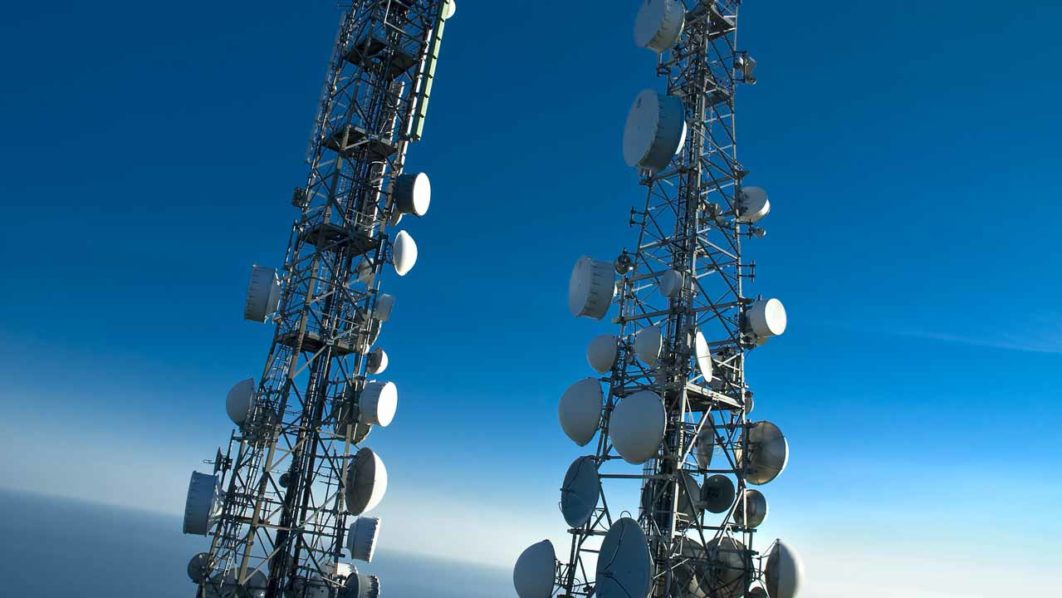
About $428 billion is needed to connect three billion unreached to the Internet by 2030, the International Telecommunications Union (ITU) has disclosed.
The global regulator, in its ‘Connecting Humanity’ study, which assessed requisite investments for the period, noted that of the world’s 7.5 billion population, three billion were lacking basic telephony services.
ITU Secretary-General, Houlin Zhao, said achieving the goal by the end of this decade requires fruitful collaborations between the public and private sectors.
“The new ‘Connecting Humanity’ study, led by ITU, is the much-needed roadmap that will guide decision-makers on the journey towards accessible, affordable, reliable, and safe digital technologies and services for all,” he explained.
The survey also examined costs associated with infrastructure, policies, basic digital skills, and local content at both global and regional levels, as well as how to mobilise the “unprecedented” finances to extend networks to unserved communities.
It pointed out in the last couple of months, the COVID-19 pandemic had “exposed different types of inequalities within and across countries and regions, including those related to the quality of access, affordability, and use of the Internet.”
The investigation stressed that with so many essential services pushed online, “there is a real and present danger that those without broadband Internet access could be left behind forever.”
It added that assessing affordable universal connectivity was important to any country desirous of achieving the Sustainable Development Goals (SDGs) in the next decade.
According to the United Nations agency, over 12 per cent of the unconnected population live in remote and rural locations of Africa and South Asia where traditional networks are inaccessible.
The connectivity gap, it added, is worsened by gender disparity. Globally, more men access the Internet, translating to a 48 to 58 per cent representation.
“Whereas in some regions, bridging the connectivity gap predominantly means upgrading existing coverage and capacity sites, nearly half of the required radio access network (RAN) infrastructure investment in Sub-Saharan Africa, South Asia, and East Asia/Pacific will be Greenfield,” the report found.
Director of ITU Telecommunication Development Bureau, Doreen Bogdan-Martin, said while the move was ambitious, she, however, chipped in that it is achievable.
In Nigeria, 25 million people lack access to basic telecom services.
Executive Vice Chairman of the Nigerian Communications Commission (NCC), Prof. Umar Danbatta, earlier in the month, said the most populous black nation has reduced the access gap clusters to 114 with 15 million of the 40 million digitally excluded Nigerians now having access.
Besides, the New National Broadband Plan (NNBP) 2020-2025 unveiled in March by the Minister of Communications and Digital Economy, Dr. Isa Pantami, estimated that the country would require $5 billion to meet the broadband needs of the citizenry in the coming five years.



